
Why Australia’s community organisations need a new governance model
Posted on 25 Feb 2026
Australia’s community organisations are quietly holding society together. From local sporting clubs…
Posted on 22 Jul 2023
By Greg Thom, journalist, Our Community

Minister for Charities Andrew Leigh often talks about the federal government’s Measuring What Matters initiative.
After a months long build-up, Treasurer Jim Chalmers has finally released the long awaited statement aimed at quantifying Australia’s progress on important social, financial and environmental criteria.
Australia’s first national framework on wellbeing assesses 50 indicators designed to take the pulse of the nation and looks beyond traditional economic metrics such as GDP, income and employment statistics.
These 50 indicators, which range from life expectancy, air quality, mental health and job satisfaction to acceptance of diversity are in turn grouped under five wellbeing themes:
The first report card on the nation's wellbeing was mixed.
While we've made progress on some environmental issues such as reducing emissions, the same can't be said for biological diversity, which has gone backwards.
Trust in government has fallen, but household income and wealth has improved unlike homelessness which is getting worse.
In a recent speech in Melbourne covered by Michelle Grattan in The Conversation, Treasurer Jim Chalmers said the wellbeing statement would "help us track our journey towards a healthier, more sustainable, cohesive, secure, and prosperous society that gives every person ample opportunity to build lives of meaning and purpose.
"Measuring What Matters is about getting a better sense of how our people are tracking – what we’re doing well and what we need to do better.”
The formal release of the detailed Measuring what Matters statement drew a mixed reaction.
This ranged from accusations parts of the statement relied on pre-covid data that was out of date to praise for representing an important first step toward better government decision making.
Save the Children CEO Mat Tinkler was one sector leader who welcomed the wellbeing framework, but called for future versions to have a much stronger focus on children, with specific indicators relating to children's mental health, social and emotional wellbeing.
"Prioritising child wellbeing in subsequent reports would be a valuable contribution to the future health and prosperity of our nation."
Measuring What Matters, which the government said will be updated annually, is far from an isolated project when it comes to putting the for-purpose landscape under the microscope.
From a cutting-edge new tool to measure inequality to a wide-ranging inquiry into philanthropy, there is no shortage of projects underway to gauge what makes the sector tick.

The latest of these projects involves a collaborative effort between educational institutions located on opposite sides of the world – the University of NSW Centre for Social Impact and Cambridge University’s Centre for Social Innovation.
Professor Danielle Logue, director of CSI UNSW, said the five-year partnership aimed to share and explore ideas on how to better address complex social problems.
“We established this program to assist in breaking down global barriers, enabling new connections across both research and teaching to speed up the innovation process, borrowing and testing ideas from one context to another.”
The collaboration builds on a suite of research and measurement tools already employed by the Centre for Social impact, including:
One sector leader who doesn’t need convincing on the power of data analysis is Australian Charities and Not-for-profits Commission chief Sue Woodward, who outlined her views in her most recent Commissioners Column.
In a keynote speech earlier this year, Ms Woodward said the regulator was determined to use the latest data tools and analysis to create a clearer picture of the sector.
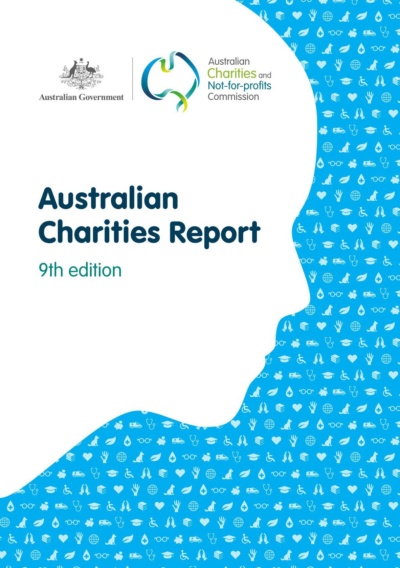
The ACNC put its money where its mouth is in its recently released Australian Charities Report, using data analysis to help explain the significant number and role of philanthropists as grant makers funding charities.
Key changes from previous versions of the report included more state-based analysis, direct comparisons with data from the 2018 report and increased data visualisation.
The ACNC last year also upgraded its Charity Register by adopting Our Community’s social sector classification system, CLASSIE.
The CLASSIE taxonomy, which is used on Our Community’s SmartyGrants platform, allows users to search organisations by activity type, location, beneficiary and registration status.
With donations to charities and volunteer numbers all falling, Minister for Charities Andrew Leigh believes Australia is facing a “civic crisis”.
The government has responded by launching a Productivity Commission review into the state of philanthropy across the nation.
The inquiry is part of the Albanese government’s commitment to doubling philanthropic giving by 2030.
“[Philanthropic support] underpins the crucial efforts of charities, not-for-profit organisations and community groups to support vulnerable Australians and build social capital and connectedness in Australian communities,” said Mr Leigh.

Volunteer numbers plummeted by more than 200,000 in 2021–2022.
The National Strategy for Volunteering was developed to address the alarming long-term slide in the number of Australians willing to give up their time to help others and explore ways to turn things around.
A year in the making, the 88-page document, which includes input from peak bodies, researchers and volunteer organisations, is a comprehensive blueprint for the next decade.
Volunteering Australia CEO Mark Pearce said he hoped the successful implementation of the strategy would ensure “a future where volunteering is at the heart of Australian communities.”
Launched at the Communities in Control conference in May, the Australian Inequality Index is a ground-breaking online interactive tool designed to democratise the measurement of social wellbeing.
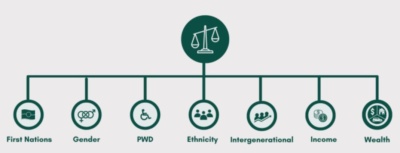
Created by independent public policy think tank Per Capita, the index measures inequality levels across seven sub-indexes: Wealth, Income, Gender, Ethnicity, Disability, Generation and First Nations.
The aim is to look beyond traditional measures that focus on economic growth, such as GDP, by instead homing in on how that growth is distributed.
Per Capita executive director Emma Dawson said by democratising access to data and information, the Index empowers people and communities to understand the complex causes and effects of inequality.
While there is no shortage of academic research, reviews and inquiries into all aspects of the not-for-profit sector, do they actually achieve results?
A comprehensive analysis by Community Directors Council of Australia member Myles McGregor-Lowndes suggested many reforms were ultimately ignored.
The in-depth study of six significant Commonwealth reports covering areas as diverse as fundraising, governance and volunteering found just 21 out of 160 recommendations had been implemented.

Posted on 25 Feb 2026
Australia’s community organisations are quietly holding society together. From local sporting clubs…
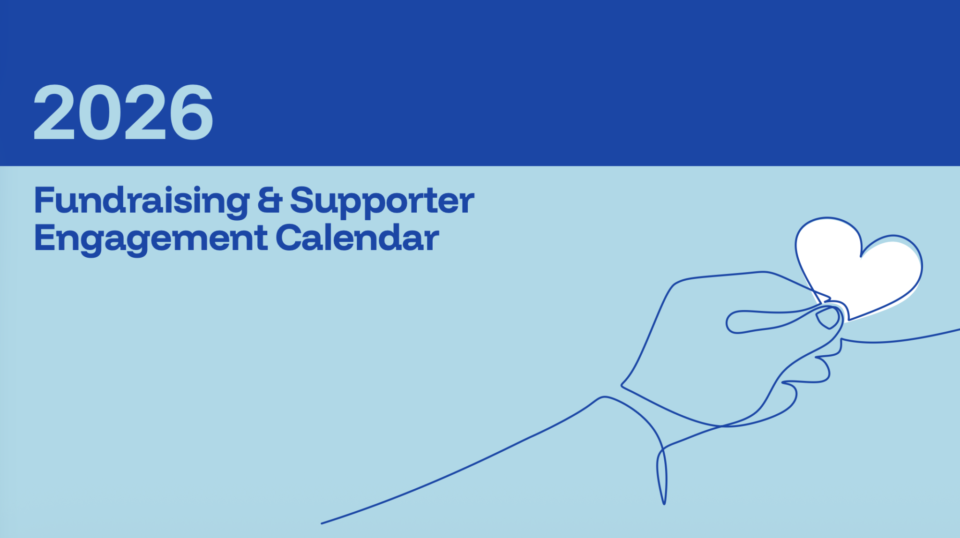
Posted on 25 Feb 2026
Writing communications for donors, stakeholders, regulators and the public can be a relentless task…

Posted on 25 Feb 2026
A Victorian suburb's hot debate about whether trains should live underground or in the sky ended…
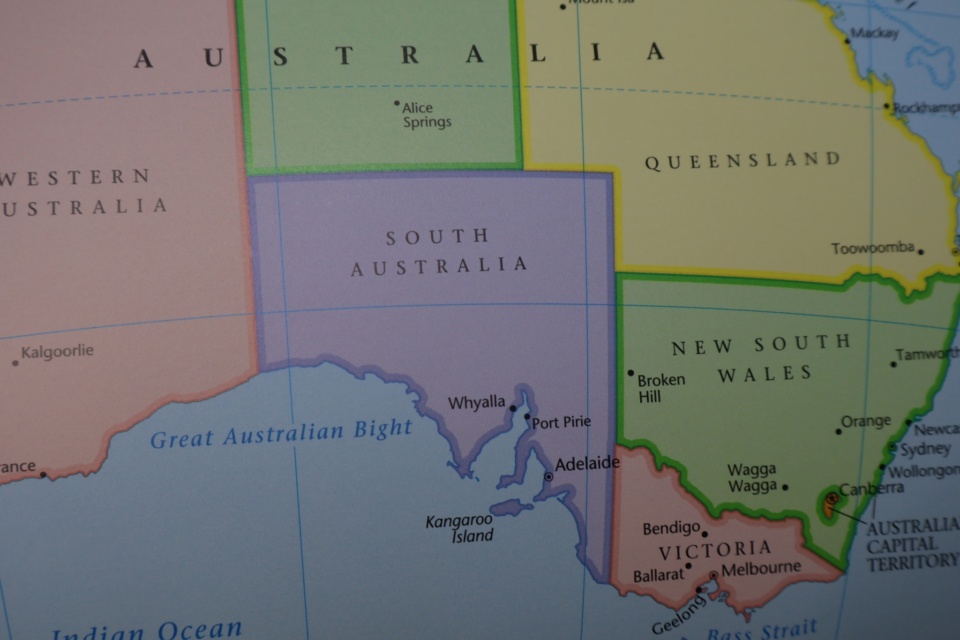
Posted on 25 Feb 2026
Three years after the federal government announced that national fundraising principles would be…

Posted on 25 Feb 2026
Author Andy Griffiths has spent 30 years bringing “punk rock” to children’s books, making kids…
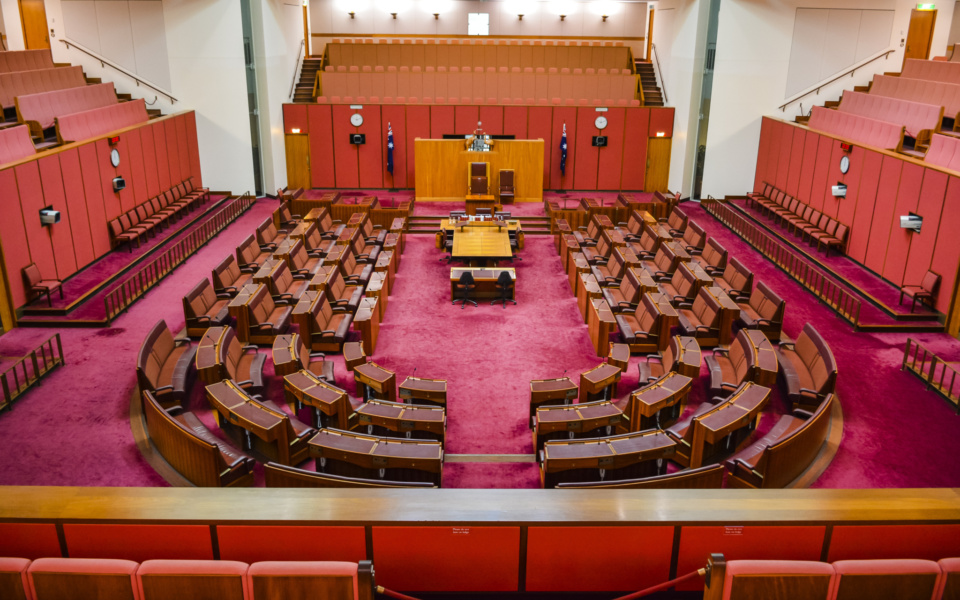
Posted on 25 Feb 2026
Senator Dean Smith is back as shadow minister for charities, and he’s told the Community Advocate…

Posted on 18 Feb 2026
Around 50 per cent of all funding for charities in Australia comes from government. The nature of…

Posted on 18 Feb 2026
You wouldn’t try to fix a complex system with one tool. You’d widen the toolkit, improve the…

Posted on 18 Feb 2026
Australia’s champion laundry van charity, Orange Sky, has announced it is ready to expand into…

Posted on 18 Feb 2026
To have any hope of hitting the grand plan of doubling philanthropy by 2030, Australia needs one…

Posted on 18 Feb 2026
When Nyiyaparli woman Jahna Cedar travels to New York next month as part of the Australian…

Posted on 17 Feb 2026
This is the full academic version of Dr Oksana King's thoughts on the need to better compensate and…